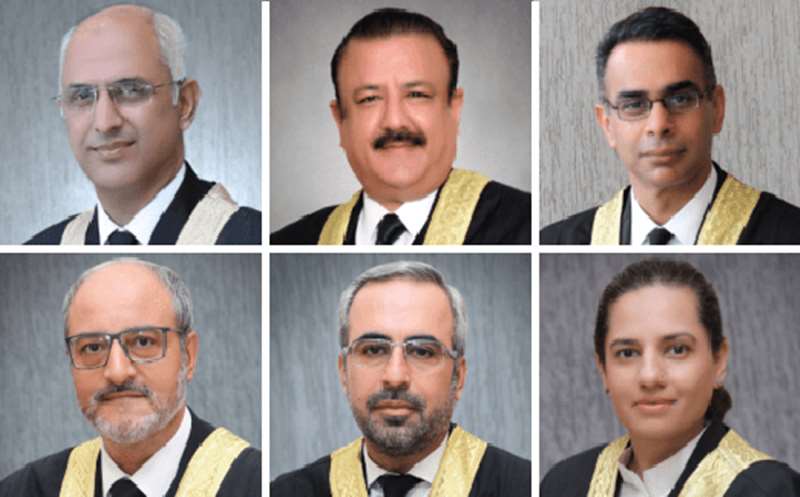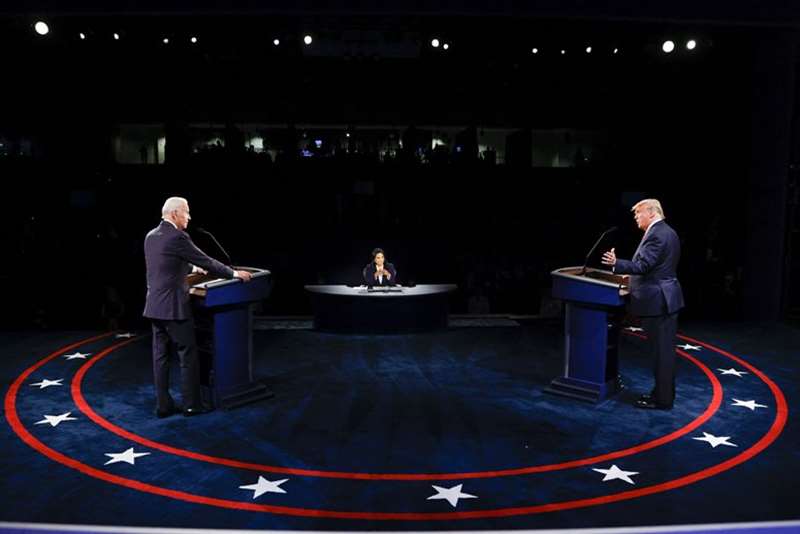Allegations of Interference in Pakistan's Judiciary

Six judges of Pakistan's High Court have accused intelligence agencies of interfering in judicial affairs
On March 28, 2024, a significant development occurred within the Islamabad High Court (IHC) as almost the entire bench took a collective stand against what they perceive as interference and meddling in their court and the cases before them. This report aims to provide an overview of the events leading to this action, the grievances expressed by the judges, and the implications for the judiciary in Pakistan.
Background
The catalyst for this action was a growing sentiment among the judges of the IHC regarding repeated interference and coercion by "members of the executive, including operatives of intelligence agencies." The judges expressed concerns about blackmail, harassment, and coercion, which they believe undermine the independence of the judiciary and tarnish its image in the eyes of the public.
Key Events
- Six of the IHC's eight sitting judges jointly forwarded a complaint to the Chief Justice of Pakistan, seeking guidance from the Supreme Judicial Council (SJC) on how to address instances of interference and coercion.
- The judges referenced a recent Supreme Court judgment reinstating former IHC judge Shaukat Aziz Siddiqui, who had been removed from the judiciary in 2018 after raising complaints about interference in cases involving political figures.
- The judges highlighted specific instances of harassment and intimidation, including spying on a judge's bedroom, torture of a relative to extract statements, pressure to reconsider decisions due to harassment of friends and family, and intimidation tactics such as throwing a 'cracker' into a judge's home.
- Justice Qazi Faez Isa, as head of the judiciary, faces pressure to address these concerns and take action to safeguard the independence of the judiciary.
Implications and Recommendations:
- The judges' collective action underscores the urgent need to address threats to judicial independence and ensure the protection of judges from coercion and harassment.
- The Supreme Judicial Council must carefully consider the complaint and take appropriate action to restore confidence in the judiciary and uphold the rule of law.
- Efforts should be made to strengthen mechanisms for protecting judges from external pressures and safeguarding the integrity of the judicial process.
- Public awareness and support for judicial independence are essential to uphold the principles of justice and accountability.
The complaint filed by the IHC judges highlights serious concerns regarding interference and coercion within the judiciary, posing significant challenges to judicial independence and the rule of law. It is imperative that the Supreme Judicial Council addresses these issues promptly and effectively to uphold the integrity and credibility of the judiciary in Pakistan.










পাঠকের মন্তব্য